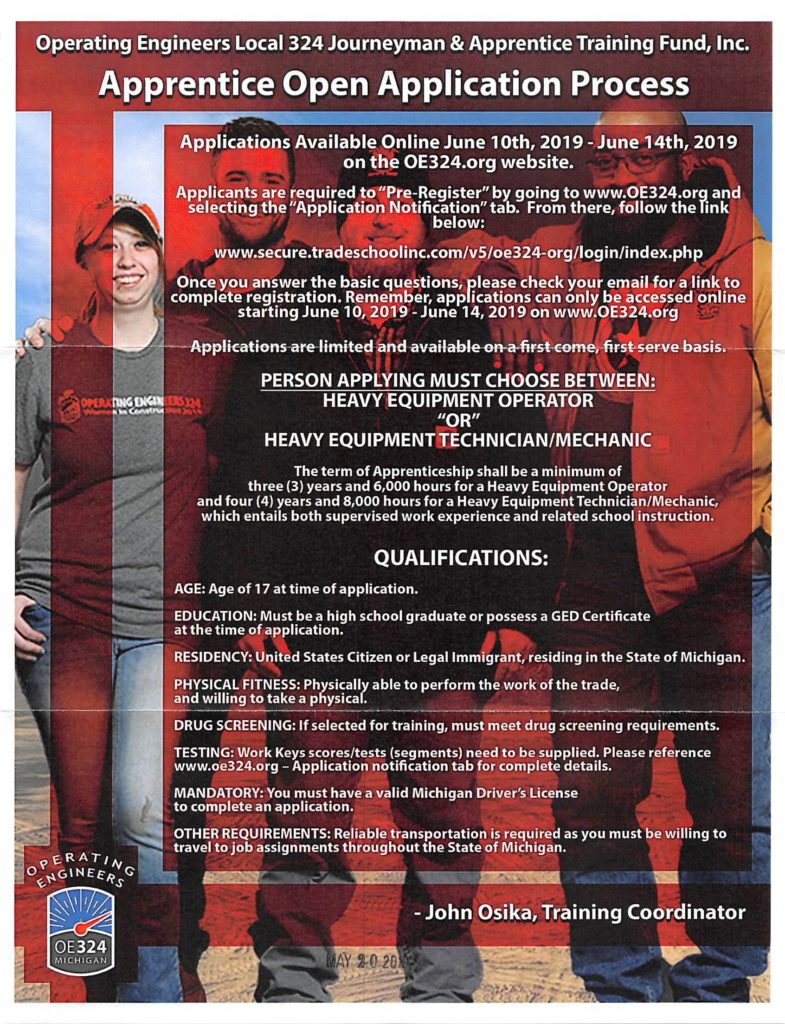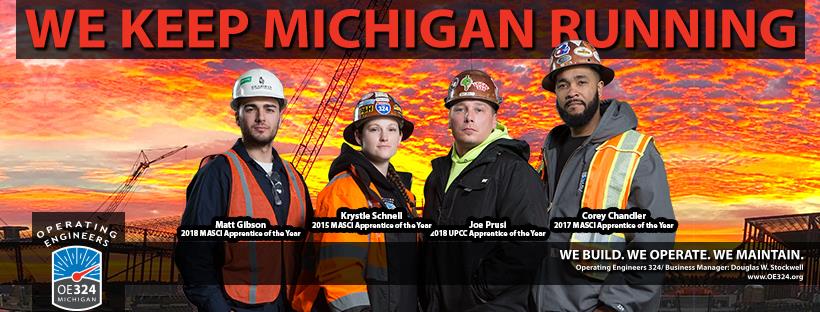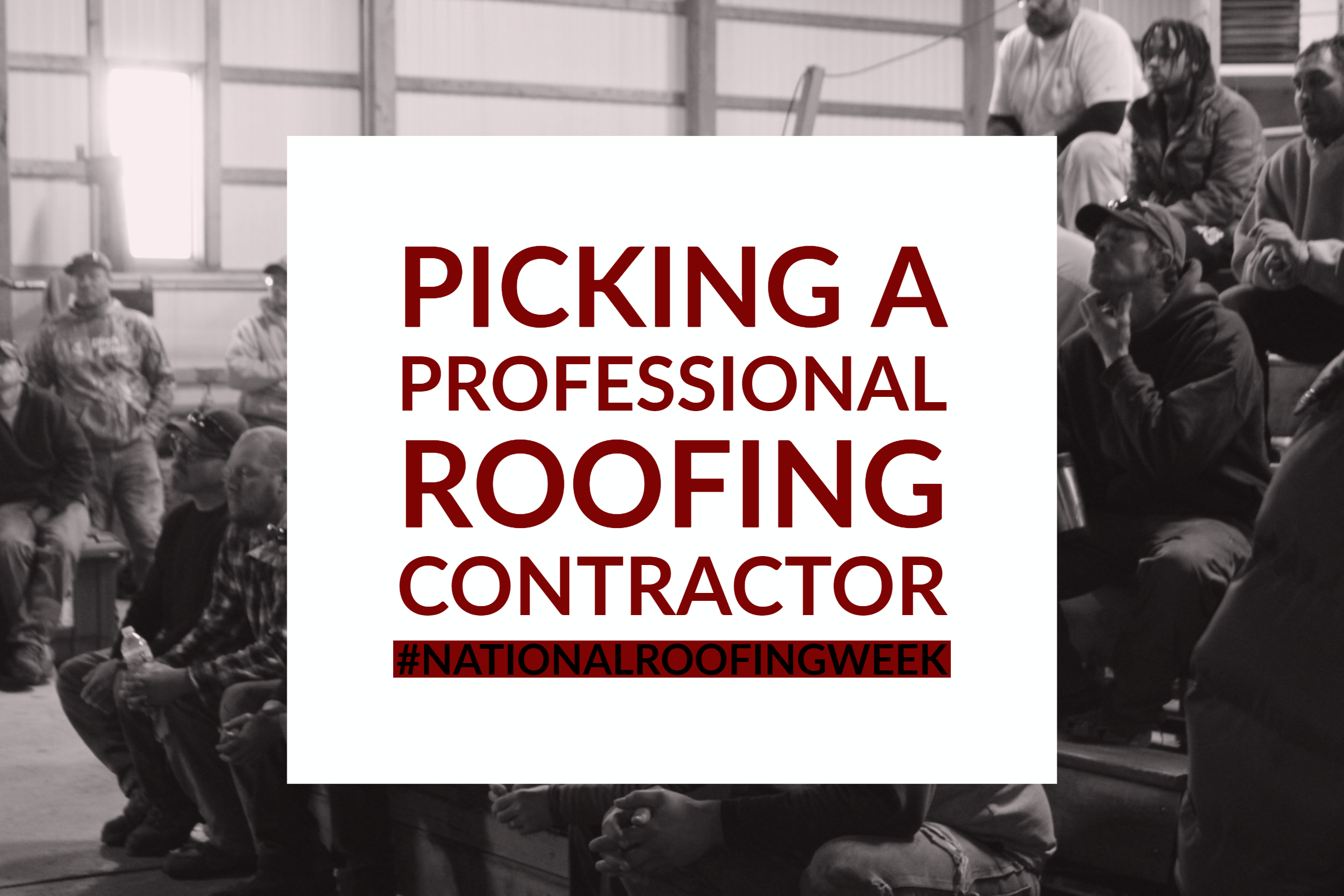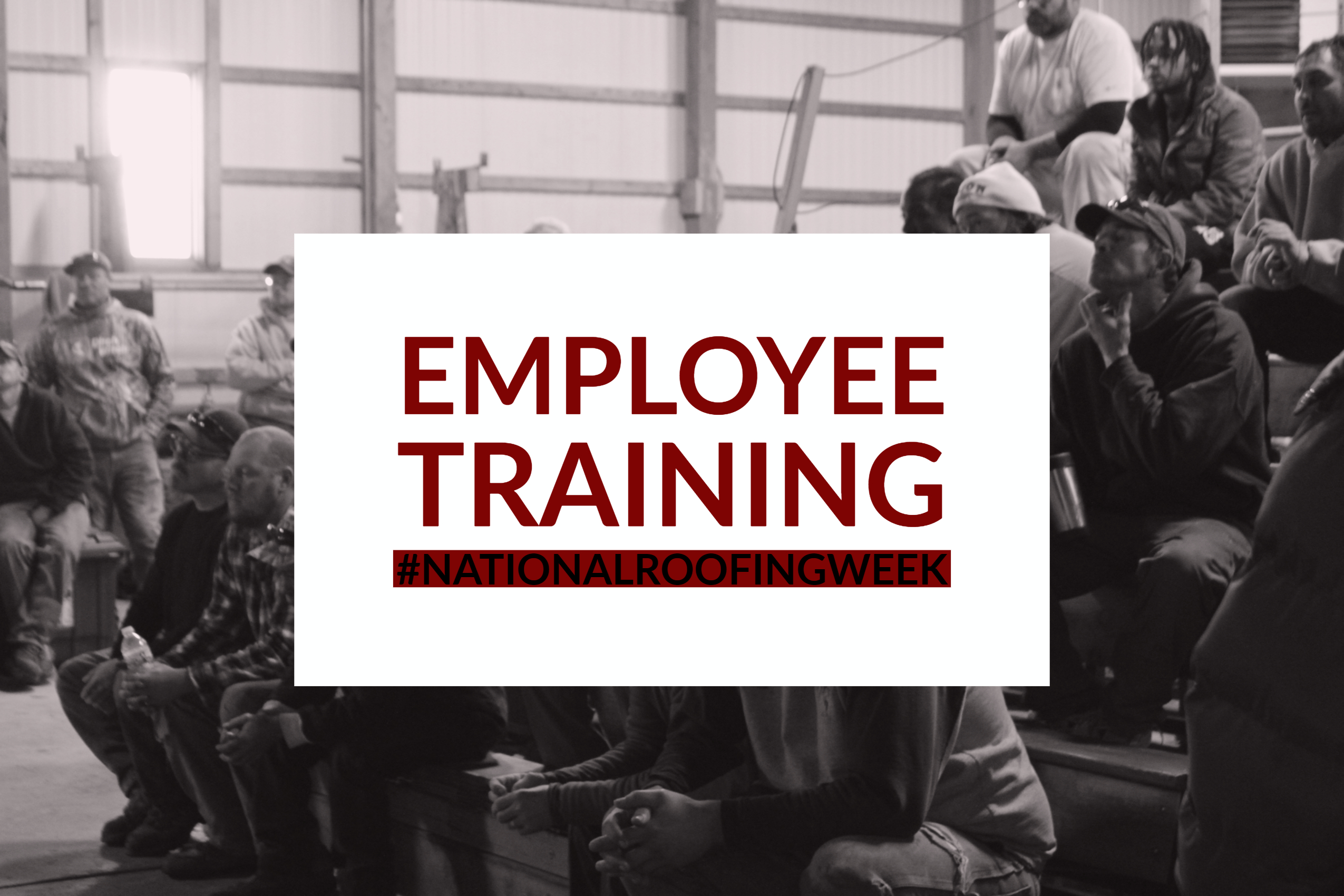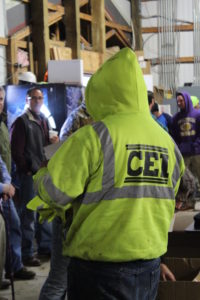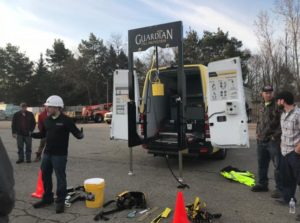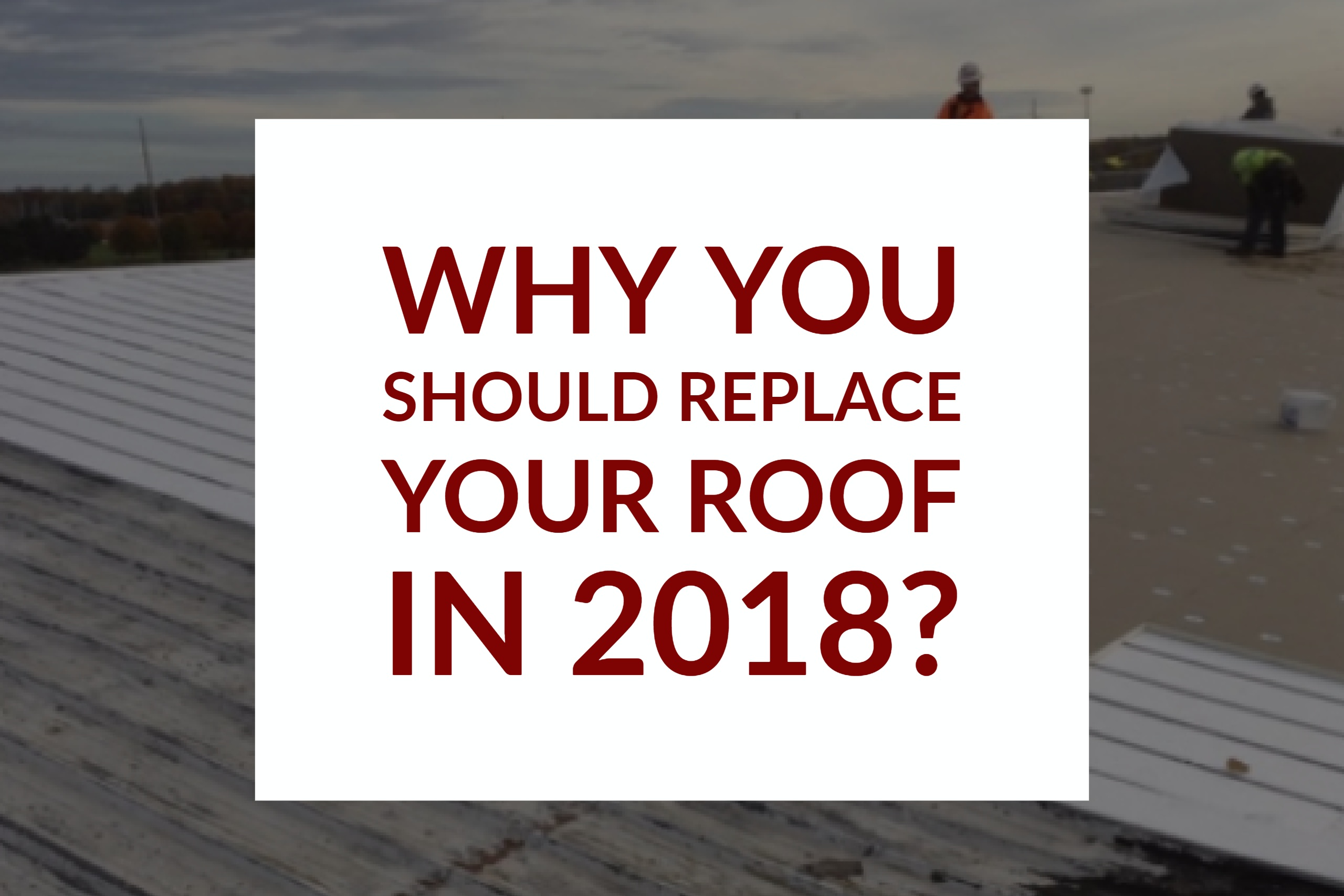The weather is going to be getting extremely hot in the upcoming month. Being informed on how to properly work in the heat is more than important. The weather in the following weeks is looking to reach record high’s. Roofers are placed out in the sun high up with often times nothing to cool them off, no shade and a hot roof. This can make for an even hotter environment. Being informed about taking care of yourself and your crew in these conditions is important for making a safe and productive job site.
- Stay Hydrated- This means drinking lots of water (even if you are not thirsty) and avoiding sugary or caffeinated beverages because they speed up dehydration. According to NERI, 1 quart of water per employee per hour is ideal.
- Sun Protection- Wear sunscreen and light-colored, loose-fitting clothing that covers as much skin as possible.
- Get out of the sun- during breaks sit in the shade or someplace with air conditioning. Those not accustomed to the heat should take more frequent breaks or limit the amount of physically demanding work.
- Sunglasses- make sure you are protecting your eyes from the sun with a proper pair of sunglasses.
- Know the sign and symptoms of heat sicknesses- Watch out for your fellow crew members and help them if they show any signs or symptoms of heat exhaustion.
Signs and Symptoms of Heat Illness (From NERI Insurance Group)
Heat Rash:
Heat rash occurs when the skin’s sweat glands are blocked and the
sweat cannot get to the surface of the skin to evaporate. This causes
inflammation which results in a rash, which appears as reddened skin
with tiny blisters. It often occurs in skin creases or areas where your
clothing is tight against your skin restricting air circulation.
Common symptoms of heat rash included; red bumps on the skin
and an itchy or prickly feeling to the skin, also known as prickly heat.
Heat rash will usually fade away when the skin is allowed to cool.
Medical treatment is only necessary if the area becomes infected.
To avoid heat rash, try and avoid or minimize the duration of time spent in hot and/or humid
conditions, wearing loose-fitting clothing and use air conditioning or fans to allow air to circulate
over your skin.
Heat Cramps:
Heat cramps are an intermittent, involuntary spasm of larger muscles which occur in individuals
who are physically active in hot weather conditions. While heat cramps are the least serious
form of the heat-related illnesses they still may be very painful and also serve as the first
a warning sign or symptom that you are suffering from heat exposure.
The primary symptom of heat cramps is profuse sweating with involuntary spasms of the large
muscles in the body and could also be the first sign that you’re suffering from heat exhaustion.
Heat cramps most often affect the lower extremities and abdominal cavity.
The treatment for
heat cramps include; rest, cooling the body, hydration and stretching the muscles that are
cramping.
To prevent against heat cramps, try and avoid or minimize the duration of time spent
performing physical activities in the heat, drink plenty of water and rest in a cool or shaded
area.
Heat Exhaustion:
Heat exhaustion is often caused by ignoring the signs of heat cramps and can quickly
progress to heat stroke. This occurs when the body’s temperature regulation fails. The person
often exhibits a change in their mental status, becomes confused, lethargic and may even suffer
a seizure. When experiencing the effects of heat exhaustion, the skin stops producing sweat
and their body temperature significantly rises. This is a life-threatening condition and
immediate emergency medical attention is required. Additional signs and symptoms of heat exhaustion include; profuse sweating (at its earliest stage), weakness, nausea, vomiting, headaches, lightheadedness, and muscle cramps.
Treatment for heat exhaustion starts with being able to recognize the signs and symptoms, stopping the activity you were performing, moving to a cooler environment and rehydration with water or a sports drink which is high in electrolytes. Rehydrating yourself is the most crucial treatment procedure for heat exhaustion.
Heat Stroke:
Heat stroke is a form of hyperthermia, in which the body temperature is elevated dramatically.
Heat stroke is a medical emergency and can be fatal if not promptly and properly treated.
Heat stroke is caused by an elevation in body temperature, often accompanied by dehydration.
The signs and symptoms of heat stroke are; confusion, agitation, disorientation, the absence of
sweating and coma. The most effective way to prevent against heat stroke is to stay hydrated
and be aware of the signs and symptoms of heat exhaustion and heat cramps to avoid reaching
the level where heat stroke will come into play. If anyone is exhibiting the signs of heat stroke
911 MUST be called immediately, as it’s a matter of life and death.
